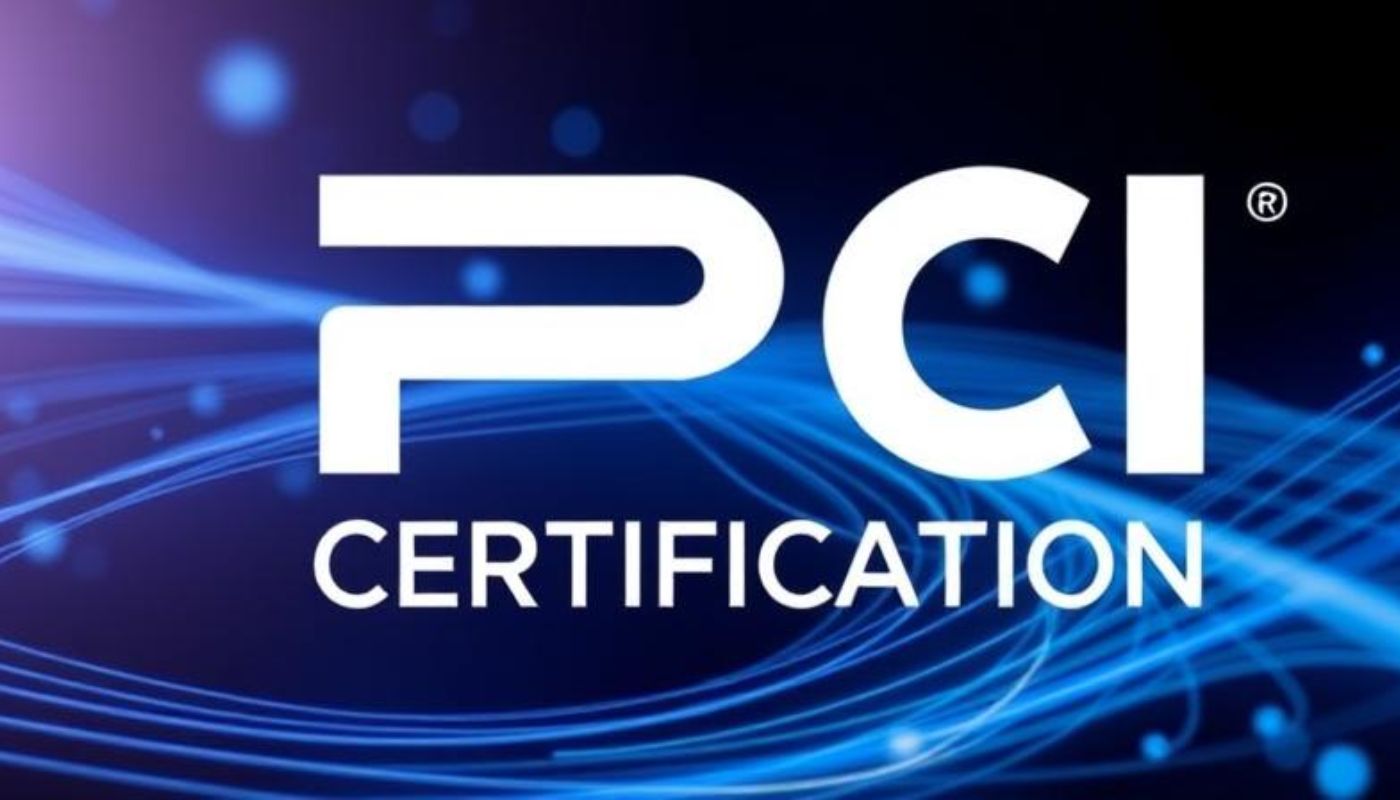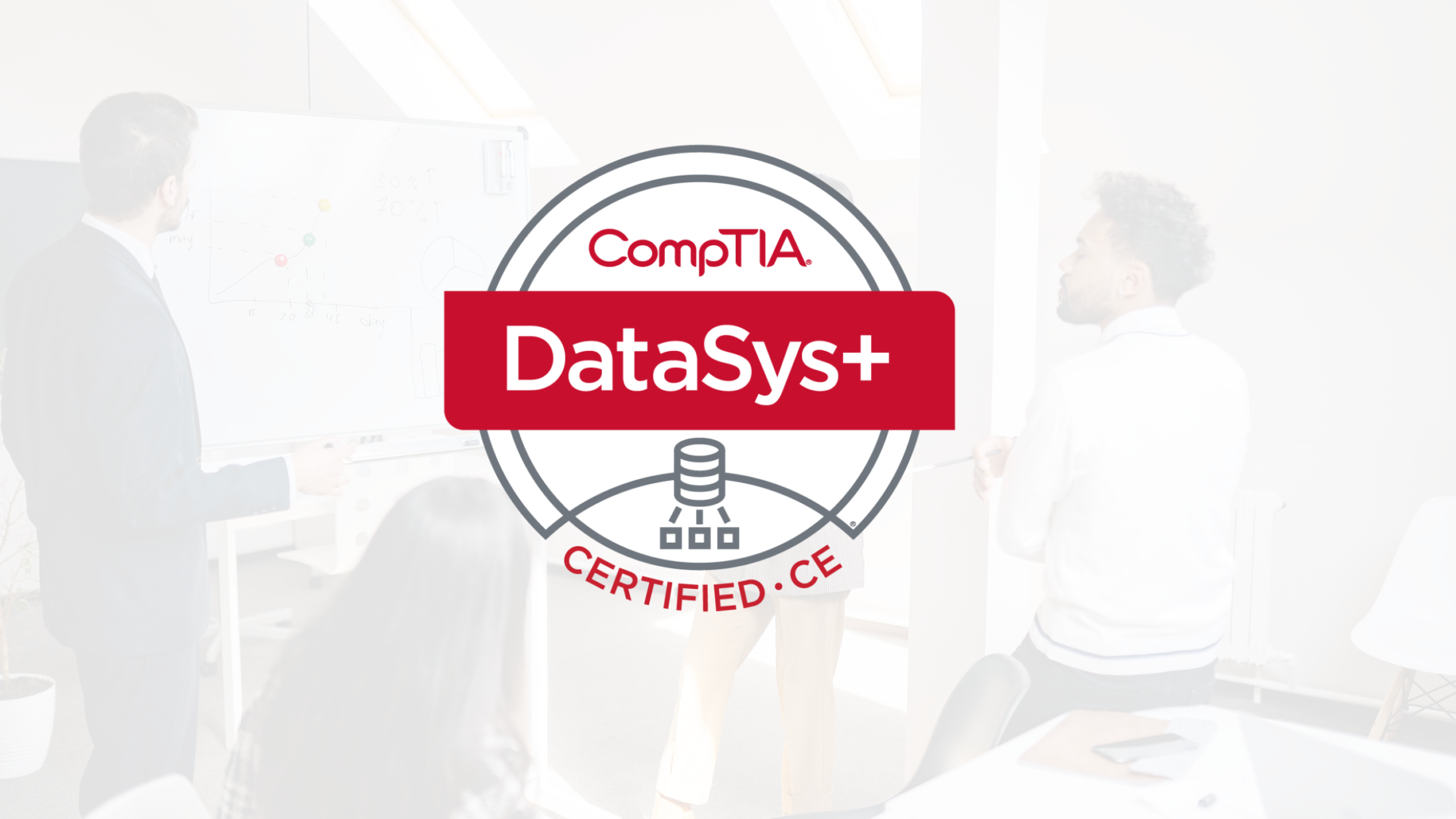In this comprehensive guide, we’ll explore why PCI Certification is non-negotiable for New York businesses, the steps to achieve it, and how partnering with experts like NYTCC can streamline your compliance journey.
In today’s digital-first economy, businesses in New York face immense pressure to protect sensitive customer data. With cyberattacks and data breaches on the rise, securing payment card information isn’t just a best practice—it’s a necessity. This is where PCI Certification comes into play. Whether you’re a small retail store in Brooklyn or a fintech startup in Manhattan, achieving PCI Compliance ensures you meet industry standards for data security while fostering trust with your customers.
What is PCI Certification?
PCI Certification (Payment Card Industry Data Security Standard, or PCI DSS) is a set of security standards designed to ensure businesses safely handle credit card information. Established by major card brands like Visa, Mastercard, and American Express, PCI DSS applies to any organization that processes, stores, or transmits payment card data.
The certification involves 12 core requirements, including:
- Building secure networks
- Encrypting cardholder data
- Regularly monitoring and testing systems
- Maintaining strict access controls
Non-compliance can result in hefty fines, legal repercussions, and reputational damage—risks no New York business can afford.
Why PCI Certification Matters for New York Businesses
1. High Risk of Cyber Threats in a Digital Hub
New York is a global financial and commercial hub, making it a prime target for cybercriminals. In 2022 alone, over 40% of U.S. data breaches occurred in the Northeast, with NYC businesses bearing the brunt. PCI Certification mitigates these risks by enforcing robust security protocols.
2. Legal and Regulatory Pressures
New York’s stringent data protection laws, like the SHIELD Act, mandate businesses to implement “reasonable safeguards” for sensitive data. PCI Compliance not only aligns with these regulations but also demonstrates due diligence in case of audits or breaches.
3. Customer Trust and Competitive Edge
Consumers are increasingly wary of sharing payment details. A 2024 survey found that 78% of shoppers avoid businesses with a history of data breaches. Displaying PCI Certification signals your commitment to security, helping you stand out in NYC’s crowded market.
4. Avoiding Costly Penalties
Fines for PCI non-compliance range from 5,000to5,000to100,000 monthly, plus potential termination of card processing privileges. For small businesses, these penalties can be devastating.
How to Achieve PCI Certification in New York: A Step-by-Step Guide
Step 1: Understand Your Compliance Level
PCI DSS categorizes businesses into four levels based on transaction volume. Most small businesses fall under Level 4 (under 20,000 transactions annually), requiring a Self-Assessment Questionnaire (SAQ). Larger enterprises may need third-party audits.
Step 2: Conduct a Risk Assessment
Identify vulnerabilities in your payment systems. For example:
- Are point-of-sale (POS) systems encrypted?
- Is cardholder data stored securely?
- Who has access to sensitive information?
Step 3: Address Security Gaps
Implement solutions like firewalls, encryption tools, and multi-factor authentication. Partnering with a qualified security assessor (QSA) ensures no requirement is overlooked.
Step 4: Complete the SAQ or Formal Audit
Submit the appropriate SAQ (e.g., SAQ-A for card-not-present merchants) or undergo an on-site audit for higher compliance levels.
Step 5: Perform Vulnerability Scans
Use Approved Scanning Vendors (ASVs) to test networks for weaknesses. Quarterly scans are mandatory for most businesses.
Step 6: Submit Compliance Documentation
Provide your SAQ, scan reports, and Attestation of Compliance (AOC) to your payment processor or bank.
Step 7: Maintain Ongoing Compliance
PCI Certification training isn’t a one-time task. Regularly update security protocols, train employees, and monitor systems to stay compliant.
Common Challenges in Obtaining PCI Certification
1. Complexity of Requirements
The 12 PCI DSS requirements can overwhelm businesses without IT expertise. Simplifying the process requires breaking down tasks into manageable steps.
Solution: Work with a specialized provider like NYTCC to interpret standards and implement tailored solutions.
2. Budget Constraints
Upgrading systems and hiring experts can strain budgets. However, the cost of non-compliance far outweighs initial investments.
Solution: Prioritize high-impact fixes first, such as encryption and employee training.
3. Keeping Up with Evolving Threats
Cyber threats constantly evolve, requiring adaptive security measures.
Solution: Schedule quarterly security reviews and subscribe to threat intelligence services.
Beyond Compliance: The Hidden Benefits of PCI Certification
1. Enhanced Operational Efficiency
Secure systems reduce downtime caused by breaches and streamline payment processes.
2. Stronger Vendor Relationships
Many partners and lenders require PCI Compliance before collaboration. Certification opens doors to new opportunities.
3. Global Market Access
PCI DSS is recognized worldwide, enabling NYC businesses to expand internationally with credibility.
Choosing the Right PCI Certification Partner in New York
Not all providers offer the same level of expertise. When selecting a partner, prioritize:
- Experience with Local Regulations: Knowledge of New York’s SHIELD Act and cybersecurity laws.
- End-to-End Services: From risk assessments to ongoing monitoring.
- Proven Track Record: Check reviews and case studies.
For businesses in New York, NYTCC delivers tailored PCI Compliance solutions backed by decades of industry experience. Their team simplifies complex requirements, ensuring your business meets standards efficiently.
Conclusion: Secure Your Future with PCI Certification
In an era where data breaches dominate headlines, PCI Certification is no longer optional—it’s a cornerstone of business success. For New York enterprises, achieving compliance not only safeguards sensitive data but also builds customer loyalty, avoids penalties, and strengthens market position.
By following the steps outlined in this guide and partnering with trusted experts like NYTCC, you can navigate the PCI DSS landscape with confidence. Don’t wait for a breach to act. Start your PCI Certification journey today and future-proof your business in the heart of America’s financial capital.


